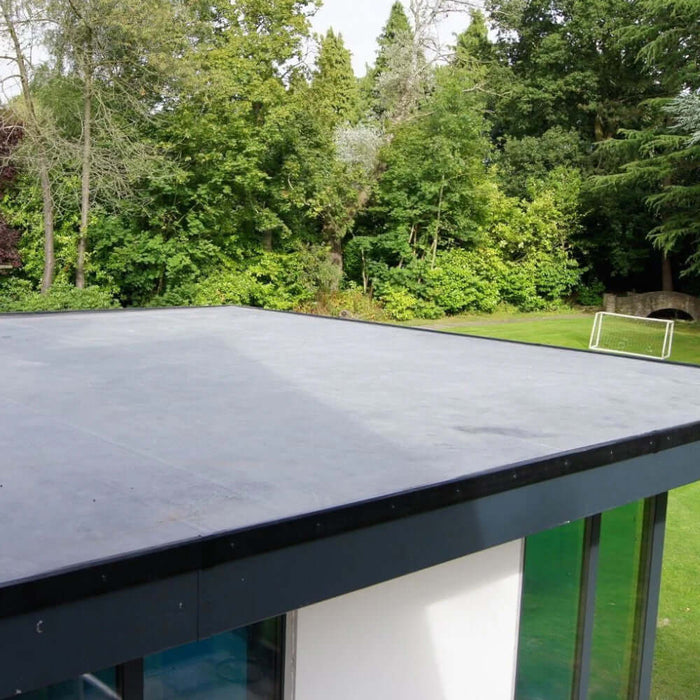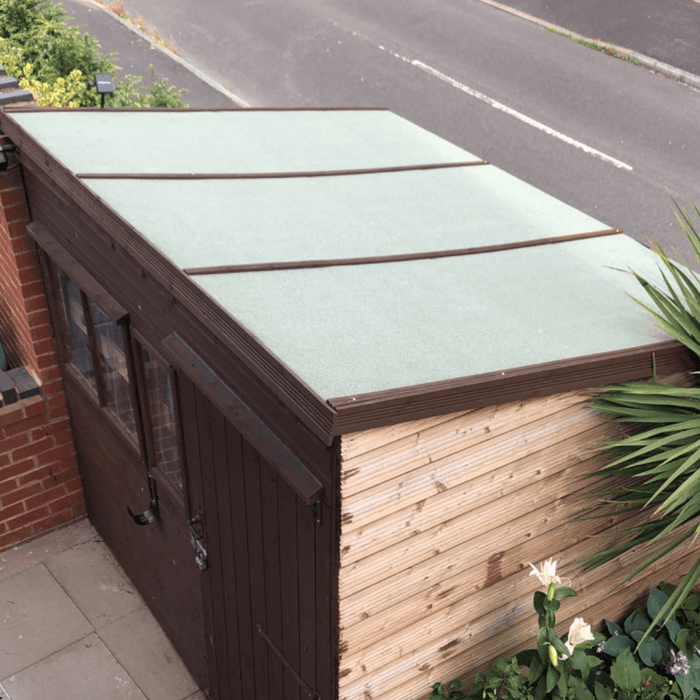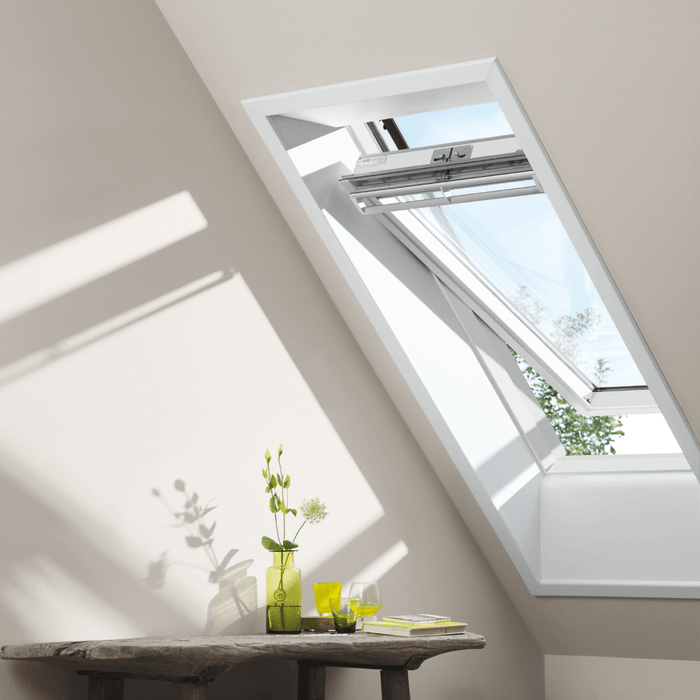Embarking on a new roofing project is a significant undertaking for homeowners. From material choices to labour costs, understanding the various elements that contribute to the overall expense is crucial. In this blog, we will delve into the cost of a new roof cost and the associated costs with roofing and emphasize the importance of selecting a professional contractor who not only delivers quality work but also provides solid warranties and guarantees.
Breaking Down the Costs:
-
Material Costs:
The type of roofing material you choose has a substantial impact on overall costs. Concrete single and double lapped tiles are often more affordable with their automated manufacturing process, while more premium materials like natural roofing slate can be considerably more expensive due the manual quarrying and splitting of this natural product, ensuring the slate is fit for purpose through the slate certificate standards W1 T1 S1. Understanding the lifespan and maintenance requirements of each material is essential for making an informed decision. Considering and taking into account your personal needs as a consumer based off the aesthetics of the finish you would like, quality of the product and longevity for your forever home, and the overall budget and cost of a reroof.
-
Labour Costs:
Labor costs more than before are a significant portion of the overall expense of a new roof. Experienced and skilled roofing contractors may charge more, but their expertise often translates to a higher quality of workmanship. Roofing contractors need to maintain a skilled and safe workforce through NVQ’s, ever updating British standards (BS5534), technical lead work, working from hight, first aid asbestos awareness and a multitude of other roofing theory and health & Safety requirements, all this being said It's essential to strike a balance between cost and the level of expertise you desire for your roofing project.
-
Roof Size and Complexity:
The size and complexity of your roof directly affect costs, larger the roof, larger the cost unfortunately. Large roofs require more materials and labour, while complex designs or steep slopes may increase the difficulty of the job, impacting overall expenses. Its also a consideration before taking on your reroofing project the dynamics of listed building status or the affects of being in a conservation area, this may change the roofing materials or the method of how the roofing materials are fitted.
-
Additional Features and Accessories:
Consider any additional features or accessories you want for your roof, such as skylights, extra masonry work on the chimneys, new guttering or maybe a fresh coat of paint on your fascia or additional ventilation systems. These extras can add to the overall cost but may also enhance the functionality and aesthetic appeal of your roof.
The Crucial Decision: Choosing the Right Contractor:
Selecting the right roofing contractor is as important as choosing the right materials. Here's why:
-
Quality Workmanship:
A professional roofing contractor with a proven track record ensures quality workmanship. This not only contributes to the longevity of your roof but also reduces the likelihood of the roof failing prematurely resulting in costly repairs or ever another re-roof in the future. Take into account how long the roofing contractor has been trading for and do they actively train their teams new standards and keeping up with the traditional skills.
-
Warranties and Guarantees:
Reputable contractors offer warranties on both materials and labour. This means that if any issues arise due to defects or poor workmanship within a specified period, the contractor will address them at no additional cost. Warranties provide homeowners with peace of mind and protect their investment. A professional roofing contractor should be offering a minimum or a 10-year warranty, hopefully including an underwritten warranty coming directly from an insurance company if case of a company that ceases trading. Roofing contractors should also be issuing their contract or terms and conditions as we commonly refer to them, this protects the contractor but more importantly the homeowner or person purchasing the services.
-
Compliance and Insurance:
Professional contractors must adhere to industry standards and regulations, mainly monitored by the NFRC (National Federation of Roofing Contractors) and the CPS (Competent Person Scheme) this ensures the contractor is using the correct materials and fitting certain details correctly. The roofing contractor should be licensed and insured through the means of public and company liability, protecting homeowners from liability in the event of accidents or injuries during the roofing project. A new roof must have a pre inspection and an end of project sign off by building inspector (building control) to ensuring British standards and manufacturers guidelines are being followed but also so you can prove that the roof has been completed correctly, if you come to sell the property this is crucial to a successful roof. If the roofing contractor is a member of the CPS (Competent Person Scheme) this means they will be regularly inspected on the roofs ensuring they are using the correct fixings and method of laying the roofing materials, which means there is no need for a building inspector, mitigating the cost and need of building control.
-
Transparent Communication:
A reliable contractor should maintain open and transparent communication throughout the project with regular site visits to inspect progress and quality of the workmanship. The roofing contractor should provide detailed estimate, explaining the scope of work in detail, and keep you informed of any unforeseen issues that may arise. It is important to have pre project meeting at the contractor’s depot to view the different materials being used on the project and agree on the different ridge or colour of roof covering.
Conclusion:
Even though there is no one roof the same shape or size, roofs are priced on the specific needs of the customer in terms of materials, and depending on the roof shape, steepness, or complexity that the roofers may have to take extra care or time in certain areas or on certain details.
Generally, as roofs can vary in shape and size, a simple double sided medium house roof with concrete tiles can range anything from £10,000 £20,000. Slate roofs on a similar scale roof could vary from £15,000 £30,000 depending on the quality of roofing slate chosen.
Understanding the costs associated with a roofing project is the first step toward making informed decisions. Equally important is the careful selection of a professional roofing contractor who not only meets your budget but also offers warranties and guarantees at a minimum. By investing in quality materials and workmanship, homeowners can enjoy a durable and reliable roof that provides lasting protection for years to come.
If you require more support, you can contact is at 01629 732988 or contact us here: https://ashbrookroofingservices.co.uk/#contact. We have been in the industry for over 45 years and we have came across almost everything to do with roofing. If you are looking at getting the supplies for a new roof, we can supply the materials that you require from Ashbrook Roofing Supplies.










